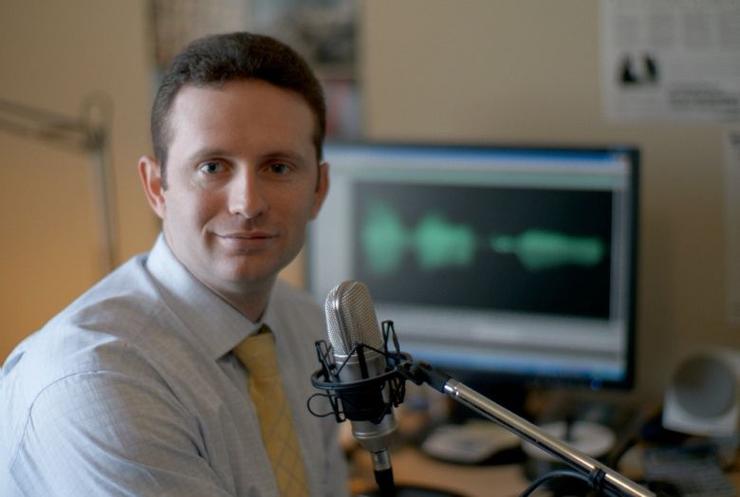When New Zealand pizza franchise Hell Pizza made the journey across the Tasman to set-up shop in Brisbane, it needed to get noticed fast.
This is when speech recognition technology company, Inference Communications, made a deal with the devil, so the pizza chain could take advantage of inexpensive off-the-shelf automated voice technology as a marketing tool.
“Fifty-three per cent of our business is done over the phone,” Hell Pizza managing director Mike Hird explained.
“Because the phone is the first point of contact for many customers I needed to be sure that their first experience was a good one and that they would come back for more.”
Hell Pizza needed the ability uniquely engage with its callers to strengthen their brand in Australia – the challenge was on how to do so over the phone.
Formed in 2004, Inference Communications is a privately owned Australian speech recognition company.
It was the brain child of several Melbourne Business School graduates looking to further develop and commercialise raw technology developed in the now defunct Telstra Research Laboratories (TRL).
The technology, developed by Inference Communications CTO and computer scientist Dr Brad Starkie at TRL, called grammatical inference, is the end product of years of research into artificial intelligence. The technology is now used to develop the back-end of speech recognition systems.
“As a company we began by developing technology to build speech recognition systems. We automate processes, build language models, web interfaces and pronunciation models,” Starkie says.
“Our major advantage is that we have unique technologies to build software very rapidly, and we’ve written software that writes software.
Our basic strategy is to automate as much of the development process as possible, so that the end product is fast, cheap and reliable.”
Traditional speech recognition systems are developed by writing and feeding the software the hundreds of different ways in which a caller might ask or respond to a question for a specific application.
Faced with this complex and laborious process, Hell Pizza was instead looking to utilise speech recognition technology in a less expensive way because the system costs could only be shared between the two stores the company started with.
“Traditionally, you would have to go out and invest a fair amount of capital to buy your own platform and put it in a data centre, which is hundreds of thousands of dollars. But with the cloud computing approach, companies need not endure heavy up front costs,” Inference Communications product manager and co-founder Callan Schebella said.
“When you do it in the network you literally pay for it as you use it. So if your company is just starting and you don’t make many calls, you can still benefit from the technology.”
Join the CIO Australia group on LinkedIn. The group is open to CIOs, IT Directors, COOs, CTOs and senior IT managers.



